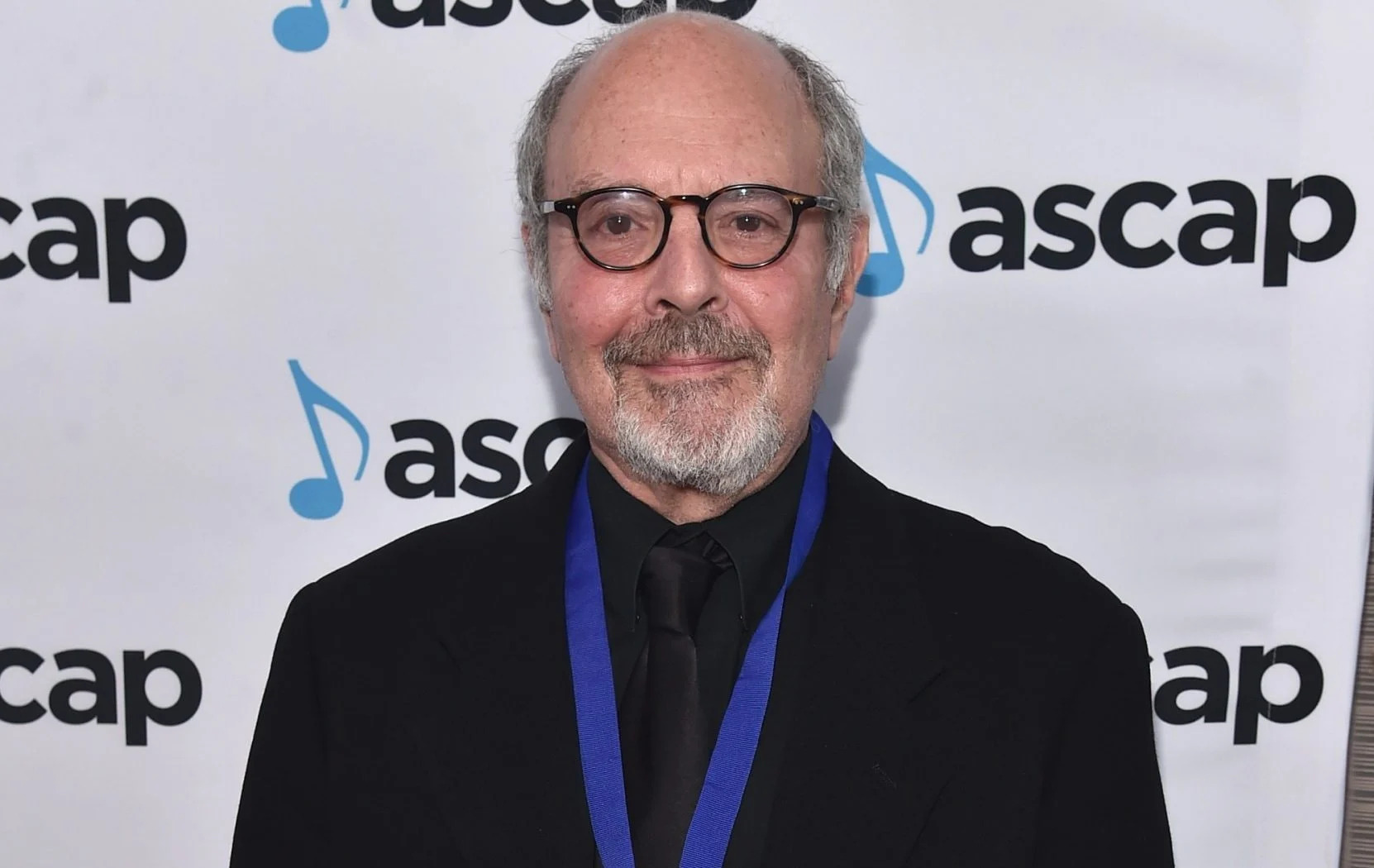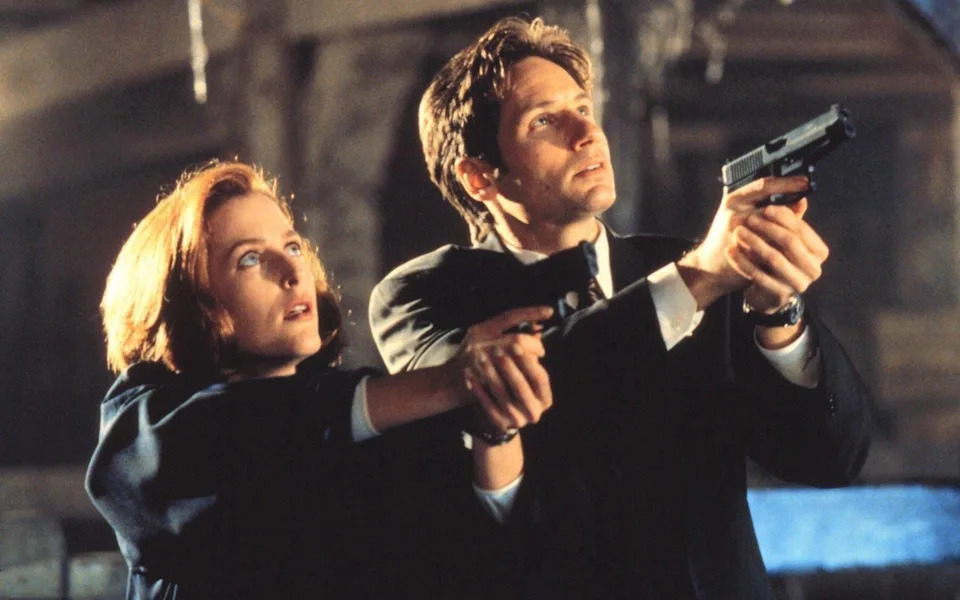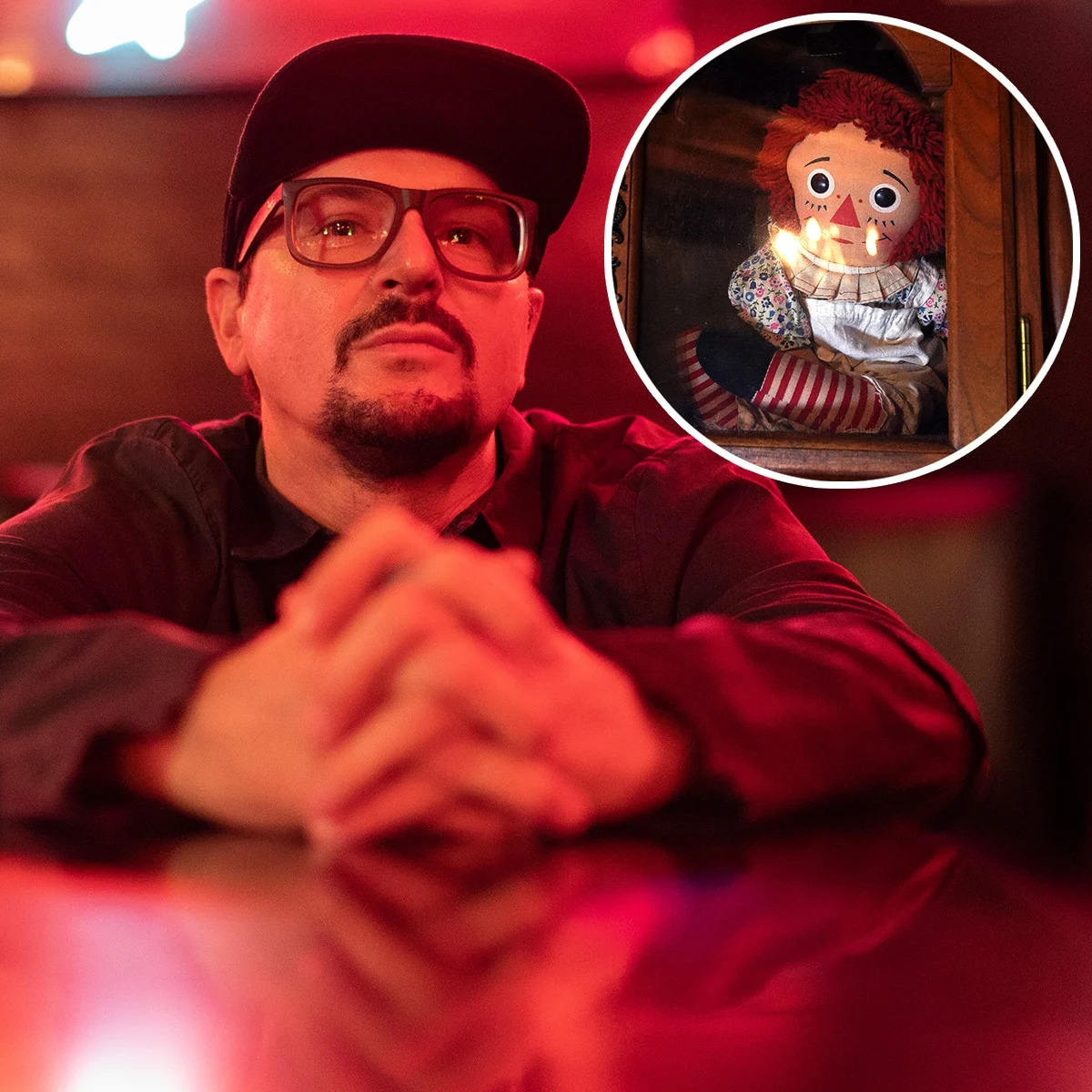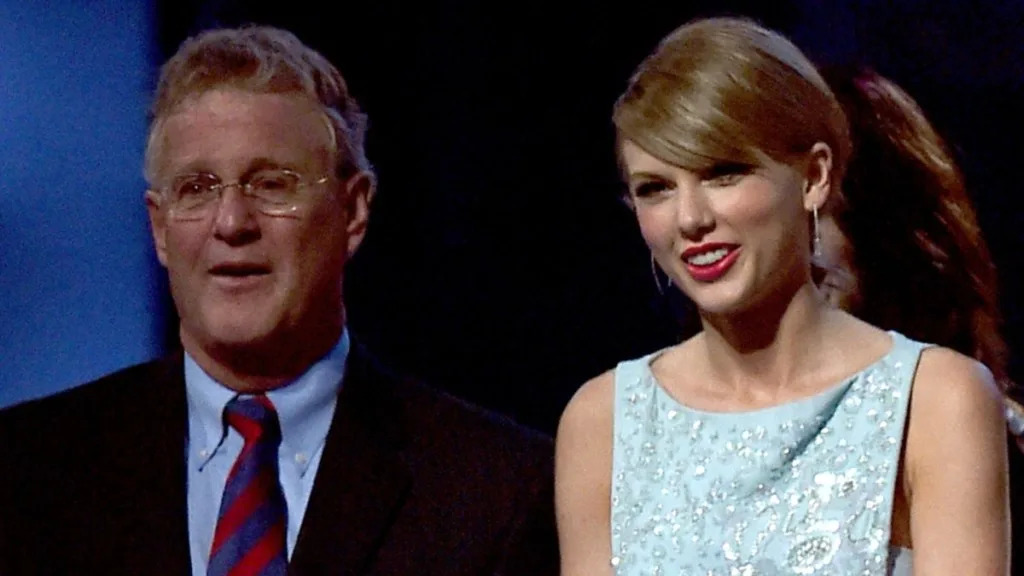Mark Snow, composer best known for his haunting theme to The X-Files

Mark Snow, who has died aged 78, composed the music for numerous hit US television from since the 1970s onwards, most notably, perhaps, the eerie theme to The X-Files.
Snow was an early adopter of computer-driven music, switching in the 1980s from scoring for a full orchestra to working alone in his home studio. In 1993, the producer Chris Carter asked him to write a theme for a potential series about two FBI agents (played by Gillian Anderson and David Duchovny) who investigate alien sightings and other supernatural events.
Later, Snow recalled that Carter politely rejected his first three attempts as being over-produced. He wanted something that suggested science fiction yet was stripped down. As he turned around in his studio, Snow accidentally rested his elbow on his keyboard and was struck by the delayed echo effect it made.
AdvertisementAdvertisement#_R_1272adkalhb5fiv5vddbH1_ iframe AdvertisementAdvertisement#_R_2272adkalhb5fiv5vddbH1_ iframeHe gradually built this up into a simple sequence of four notes, underpinned by another in A. The melody was supplied by a whistling sound his synthesiser could make. Snow then asked his wife Glynnis to vocalise it.
Carter immediately liked the tune, but the executives at Fox were nonplussed, as its cool simplicity sounded radically different to the music used in popular programmes at the time, such as Cheers and Murder, She Wrote.
But the theme became instantly identified with the era, and with the show, the success of which helped to establish the fledgling network. Rather improbably, the tune – originally only 45 seconds long - was released as a single in 1996, at the peak of the rave culture fuelled by electronic dance music. It reached No 2 in the UK, much to Snow’s delight, and was a hit in many other countries too.
An only child, he was born Martin Fulterman – his grandfather, originally Futterman, had emigrated from Poland – in Brooklyn on August 26 1946. His father had been a drummer with big bands and for Broadway shows, while his mother was a kindergarten teacher who played the piano.
AdvertisementAdvertisement#_R_1572adkalhb5fiv5vddbH1_ iframe AdvertisementAdvertisement#_R_2572adkalhb5fiv5vddbH1_ iframeIn return for being allowed to stay up to watch the sitcom I Love Lucy, young Martin reluctantly agreed when he was 10 to take piano lessons. He then switched to oboe, becoming so proficient that he was accepted to the Juilliard music school.
 Gillian Anderson and David Duchovny in The X-Files - AJ Pics/Alamy
Gillian Anderson and David Duchovny in The X-Files - AJ Pics/AlamyWhile playing a piece by Ravel in concert, however, he underwent a crisis of confidence. With his roommate Michael Kamen – the future composer of scores for Die Hard and Edge of Darkness – he started a rock band called Emil and the Detectives.
This became the New York Rock’n’Roll Ensemble, which combined classical tunes with popular music, with Snow as the drummer. They signed a contract with Atlantic Records and appeared in Leonard Bernstein’s Young People’s Concerts at the end of the 1960s.
After touring for five years, however, Fulterman (as he still was) tired of this and became a record producer. It quickly emerged that there was no future for him at the business he had joined, and in 1974 he moved to Los Angeles at the suggestion of his wife, sister of the actress Tyne Daly (later the co-star of Cagney & Lacey).
Daly was then married to her fellow actor Georg Stanford Brown, who had been cast in a show about police recruits, The Rookies. He suggested to its producer, Aaron Spelling, that his brother-in-law should write the theme.
AdvertisementAdvertisement#_R_1972adkalhb5fiv5vddbH1_ iframe AdvertisementAdvertisement#_R_2972adkalhb5fiv5vddbH1_ iframeAfter he had abruptly left his previous employers in New York, Fulterman had been obliquely threatened with consequences if he took on any other work for a year. Following the advice of a lawyer, he accordingly changed his name; his new surname came from a liking for the music of Phoebe Snow.
In 1975, he was asked to write a new theme for the third season of Starsky & Hutch. His music paid tribute to the writer of the original theme, Lalo Schifrin, by using the distinctive 5/4 rhythm that marked Schifrin’s best-known composition, for Mission: Impossible. The following year, he penned the music for The Boy in the Plastic Bubble, the television film which helped to make John Travolta’s name.
Snow subsequently wrote the theme for Hart to Hart (1979-84), the frothily escapist show about a married couple of crime-fighting millionaires, played by Robert Wagner and Stefanie Powers. The music was adapted from a longer piece he had originally written for a chase sequence in the pilot programme.
In 1982 he composed the theme for another police series, TJ Hooker, starring William Shatner, Snow worked steadily for the rest of the decade scoring incidental music for episodes of programmes including the glossy soaps Falcon Crest and Dynasty, as well as Cagney & Lacey.
AdvertisementAdvertisement#_R_1c72adkalhb5fiv5vddbH1_ iframe AdvertisementAdvertisement#_R_2c72adkalhb5fiv5vddbH1_ iframeHe was increasingly drawn, however, to the possibilities of electronic music. “It took quite a few years to get to where I felt comfortable,” he recalled, “trying to make something that approximated melodic music. Mostly it was used for ambient sound-effect type scores. But the technology kept changing so quickly. There was much more control, and the spectrum of sound really warmed up and started to breathe.”
Snow would write the music for all The X-Files’ initial run, from 1993 to 2002, and then for its revival from 2016 to 2018. He also composed the scores for both the feature films it spawned (reverting to traditional instrumentation), as well as for the spin-off The Lone Gunmen (2001). He was nominated for Emmys six times for his work on the show, and 15 times in total.
More recently, he had worked on the series Ghost Whisperer, One Tree Hill and Millennium (also produced by Chris Carter). Between 2001 and 2007, he scored the first six series of the Superman origin drama Smallville, and since 2010 all the music for Blue Bloods, the police show starring Tom Selleck.
He largely eschewed cinema, although he did compose the music for the last four films of the French director, Alain Resnais. These included the well-received Coeurs (2006), his adaptation of Alan Ayckbourn’s Private Fears in Public Places, for which Snow was nominated for a César award.
AdvertisementAdvertisement#_R_1fn2adkalhb5fiv5vddbH1_ iframe AdvertisementAdvertisement#_R_2fn2adkalhb5fiv5vddbH1_ iframeHis wife and three daughters survive him.
Mark Snow, born August 26 1946, died July 4 2025
Broaden your horizons with award-winning British journalism. Try The Telegraph free for 1 month with unlimited access to our award-winning website, exclusive app, money-saving offers and more.













